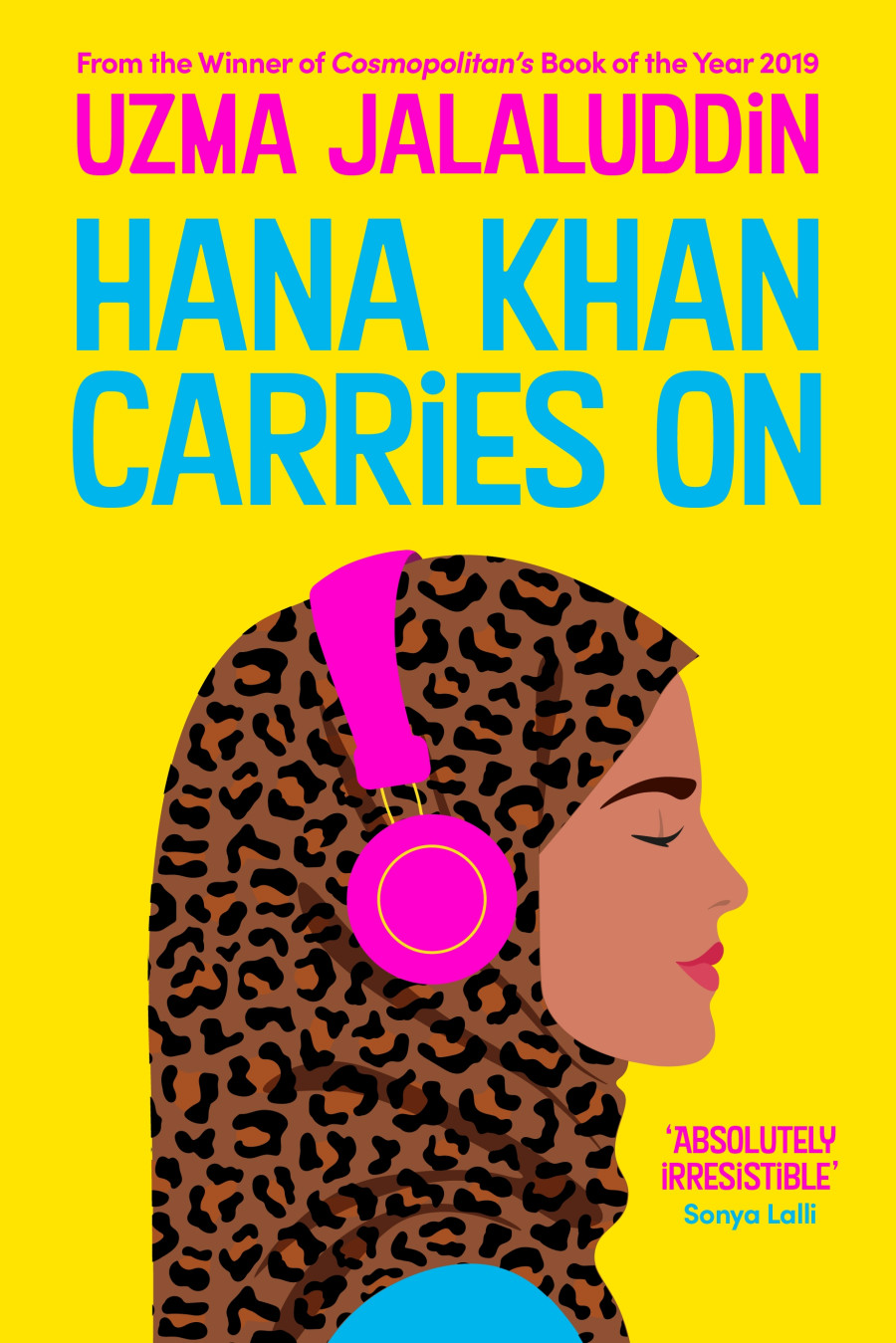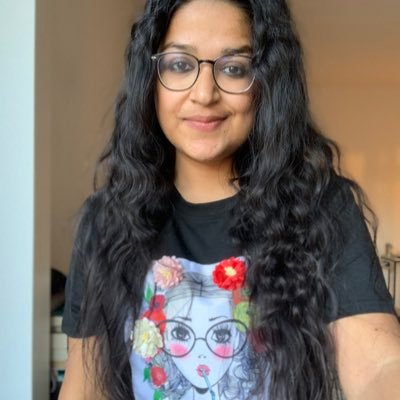Books
The lively representation we need and deserve
Uzma Jalaluddin’s ‘Hana Khan Carries On’ is a mindful peek into the triumphs and tribulations of a second-generation immigrant.
Richa Bhattarai
Twenty-four-year-old Hana Khan dreams of being a broadcast journalist and telling meaningful stories to the world. However, at the radio station she interns for, she keeps being shunted into drafting reports that stereotype her religion and culture.
Hana Khan also dreams of turning her family’s halal restaurant with the unforgettable name, ‘Three Sisters Biryani Poutine’, into a booming success. Unfortunately, clientele is at an all-time low, and she does not enjoy working at the restaurant. To add to it, the insufferable Aydin Shah is opening a swanky new halal restaurant right at the edge of their Golden Crescent neighbourhood in Toronto.
There is at least one thing Hana can still enjoy, away from the pressures of her two part-time jobs as an intern and restaurant help. She has a secret podcast, ‘Ana’s Brown Girl Rambles’, where she promises to impart ‘nothing of substance, and nothing but my truth.’ When dealing with her father’s illness, her parents’ multiple guests, and the family’s dwindling finances get too much for Hana, she can drop a note to her listener StanleyP, who admits he also has ‘family-and-business-shaped’ complications, but is always willing to lend her an ear.
This, then, is the premise for ‘Hana Khan Carries On’, the second novel by Uzma Jalaluddin, who is surprisingly knowledgeable about the lingo and idiosyncrasies of her young heroine. The story starts off simply, but do not be fooled, this is no abridged bildungsroman. There are complications galore, just as in life. Hana faces challenges that span across money and class, race and religion, authenticity and confirmation, career and heritage, family and romance.
All these dilemmas are so real, after a while she stops being a character and is a living person. Because it is the story that is being lived by you and me and every person that has ever grappled with questions of belongingness and roots and ethics. “There’s a lot of freedom in being a pioneer of your family’s history in a new place, of course,” says Hana, “But there’s a lot of loneliness, too.”
It is not difficult to surmise that these are all issues that the author has experienced, or seen, or watched develop, as a second-generation Indian Muslim herself. The way she has adapted these experiences for the novel, in a way that is thought-provoking and passionate, but also so gentle, compassionate, and full of worldly love–it is a rare balance, indeed. Uzma has beautifully intertwined faith into the story, illustrating how there is so much to learn about the religion of Islam.
Even though the novel makes you feel heavy-hearted when you comprehend the extent of the scrutiny and prejudices that millions like Hana face around the world, it is also a work of great joy and exuberance. Not everything is neatly wrapped up at the end as we would like it to be; there are no overnight solutions to the evils of communal hatred and xenophobia; and we are not even promised that the Muslim community of Scarborough will be magically welcomed by everyone from the next day. However, there is a strong undercurrent of the possibility of change, of transformation, and of the gradual shift in our mindsets that will lead us towards the path of acceptance and tolerance. This feeling of hope and courage might seem overtly positive, yet it is a true skill to be able to impart this through a book.
Uzma has said that the novel is inspired by ‘You’ve Got Mail’, and indeed, the trope of secret friends-open enemies-lovers is hard to miss. But it also reminded me a little of ‘The Hate U Give’, of young people battling the lethal diseases of anti-Muslimness and anti-Blackness. One of the ways to counter this fear born through ignorance is to educate and inform. Though it is of course not Uzma’s (or Hana’s) responsibility to carry this heavy burden of educating someone, they do it valiantly and with great poise. Hana is such a relatable heroine, with her self-doubt, dilemmas, and a beautiful heart underneath it all. The best thing is, she grows throughout the novel; we watch her turning mature and resilient in front of our own eyes. Aydin is a surprisingly good match for her, never allowed to overshadow her, but a good friend throughout all the chaos in her life.
The chaos in the novel is sometimes too much. Yes, the same does happen in real life, and yes, all the issues are worth talking about, but perhaps they did not need to be crammed into a single volume. At one point in the novel, the plot goes haywire; the characters crowd in the pages, and it is so all over the place that readers might even lose interest. The author does catch hold of the plot after a while, but those multiple simultaneous incidents and innumerable characters call for some ruthless editing.
Apart from this hitch, the novel is quite enjoyable. The language is nothing extraordinary, but quite routine I would say. But the dialogues are the ones we speak, the thoughts are ones we fall asleep to, the challenges are what we face–it is our story. When Hana asks her supervisor at the radio station if she wants Hana to help the next day, Marisa responds, “Of course, sweetie. You’re a natural.”
So is Uzma a natural, and I will watch out for her next books with great interest.
————————————————
Hana Khan Carries On
Author: Uzma Jalaluddin
Publisher: Penguin Random House
Pages: 368




 17.12°C Kathmandu
17.12°C Kathmandu










